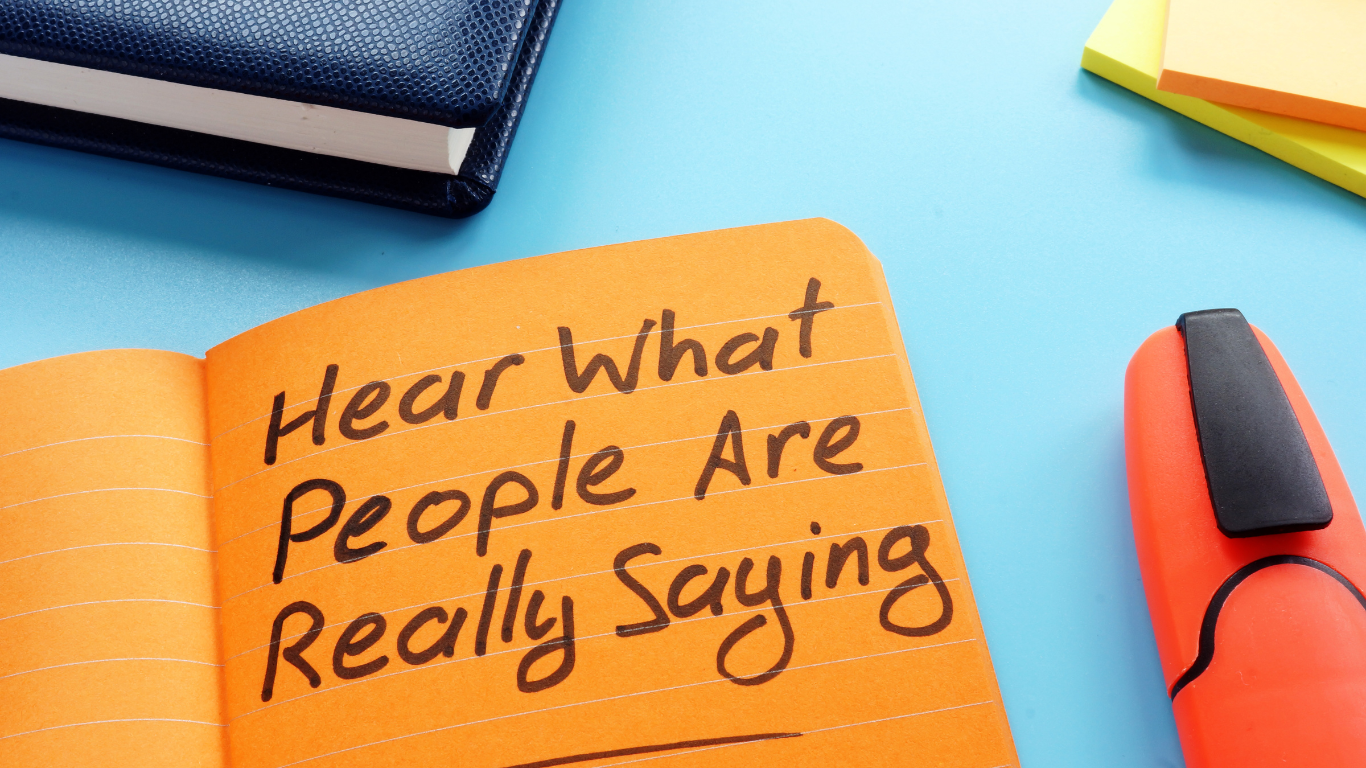
To cultivate the art of listening in your daily interactions, try the following exercise:
The next time someone initiates a conversation without explicitly seeking your attention, pause and acknowledge the need to prepare to listen fully. Say something like, “Hold on just a moment so I can give you my full attention.” Cease any ongoing activities and, if feasible, adjust your body to make eye contact with the speaker. Take a deep breath, exhale fully, and pause for a beat before inviting the speaker to continue. Notice the impact of this intentional shift in your listening approach. Capture what you experience in your executive journal and look for opportunities to improve.
Here’s an analogy that may help explain the passage of time in a conversation:
A beat in the theater is half a second. This measure of time is based on musical theory in that it takes 120 beats per minute to pass, the timing you’d most likely experience in a pop song. That may sound very technical and it is. This information also demonstrates the science of timing used to calculate the passage of time that will be most realistic in what is happening on stage when watching an actor perform their role.
Another helpful tool to consider when practicing your listening skills is:
Listen without focusing on what you want to say next. Instead, remain fully present with the person speaking and allow your full attention to truly grasp what the other person is and is not sharing. This usually requires us to hear the other person out. Then take the time (perhaps several beats) to weigh what you just heard. Then follow up with a guttural, pause, and/or a deep breath. Then when you respond, focus on what has been shared rather than moving forward with what you wish to add. You’ll be amazed at how quickly you will gain the other person’s attention, trust, and regard.
Case in Point: I recently was meeting with clergy to discuss ways and offerings the church could consider adopting to build greater community with its congregation. I suggested deep listening without an agenda because of the powerful impact on the speaker and the listener. My thoughts were appreciated and taken into serious consideration. During the conversation, another thought, not completely related to the conversation, occurred to me that felt important to add. Instead of breaking my own rule about listening without an agenda, I kept the comment to myself. Later in the day, the moderator who asked the question took a greater interest in my work and shared their wish to learn more. I deepened my relationship at that moment by keeping my additional thoughts to myself.
In that moment I got to see my approach in action and experience the power of keeping my mouth shut about what more I wanted to add. Now I have made a note about the additional insight that I will save until another time.
Lesson learned: I’ve given myself another reason to return to another conversation and cement in the mind of the clergy that I had more value to add…next time!
Keep reading to learn more about the Power of Listening.
